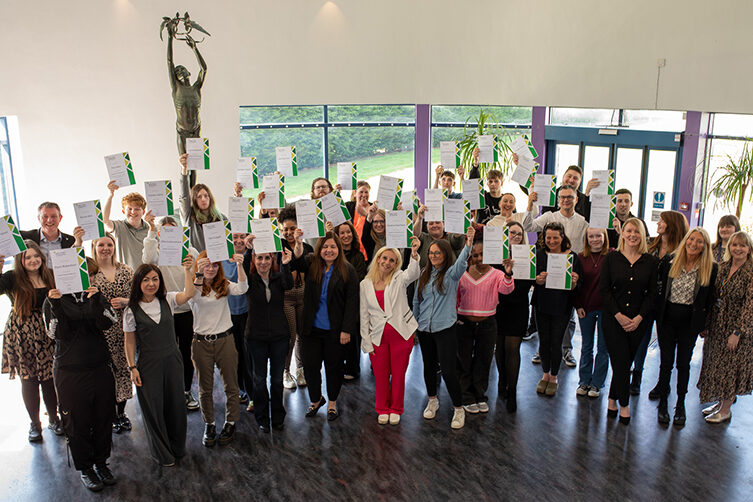How AI Is Improving the Quality of Provision

FIN members are sharing with each other which AI tools really make a difference.
The focus on Artificial Intelligence (AI) in the sector has largely been on the benefits to the learner with some attention as well on the business efficiency advantages for the provider, but how much attention has been given to its potential impact on the quality of the provision?
While still growing with new apps and tools appearing regularly, the AI market is starting to mature. Therefore the Fellowship of Inspection Nominees has been consulting its members on where true value can be found.
On one of our roundtables, we heard from Sean Baker of Aptem how learners on Aptem’s AI-driven platform were particularly benefitting from the 24/7 availability of a virtual assistant. The virtual assistant will answer many of the learners’ common questions, saving both the learner and the teacher time, but Aptem and other FIN members were quick to add that this was supplementing the learning rather than replacing the interaction between the learner and the teacher. Moreover it was offering a safe space to the individual learner who may have been too embarrassed to ask a relatively simple question in person.
Support for LLDD learners
Aptem’s learners also benefit from a personalised feedback assistant which provides a good measure of consistency. Another advantage of AI identified by FIN members is the support which it can give to learners with difficulties or disabilities. For example, it can be dyslexia-friendly: text can be fed into Copilot and learners will like what is reproduced. All of this has an impact on the quality of the provision.
Our members point to other benefits, such as the obvious one of AI being able to spot plagiarism. They have found tools which professionalise documents and create resources and handouts. Tools can generate excellent progress reports and when I was an inspector, I found reports which didn’t reflect the richness of the learning experience; so for me, this is a major step forward.
Growing AI toolset
One of FIN’s main purposes is to share best practice and so our roundtable identified which AI tools members are using regularly so far. In addition to the Aptem platform and ChatGPT, members listed: Julius; ZeroGPT; Turnitin: Canva; Synthesia; Padlet; Brutus; Quizlet; Jiminny: Claudius Scholar; TeacherMatic; and Fireflies. These are a mixture of learning enhancement and business productivity tools. Everyone at the roundtable was tasked with trying something out and reporting back to the next session in December.
Are Ofsted ready?
I’ve just bought some Meta smart glasses. While Ofsted are still deliberating over a shadow inspection nominee numbers and the shadows not being able to speak, a nominee wearing these glasses could livestream a feedback meeting to a whole team of colleagues outside and receive commentary back through the glasses.
This data could be fed into a database and provide an AI-generated challenge based on the national inspection findings and draft the report for the inspectors before they have even left the building! Are Ofsted ready for this level of technological advance and AI?
AI is here to stay and we need to work with it.
By Kerry Boffey, CEO – Fellowship of Inspection Nominees











Responses